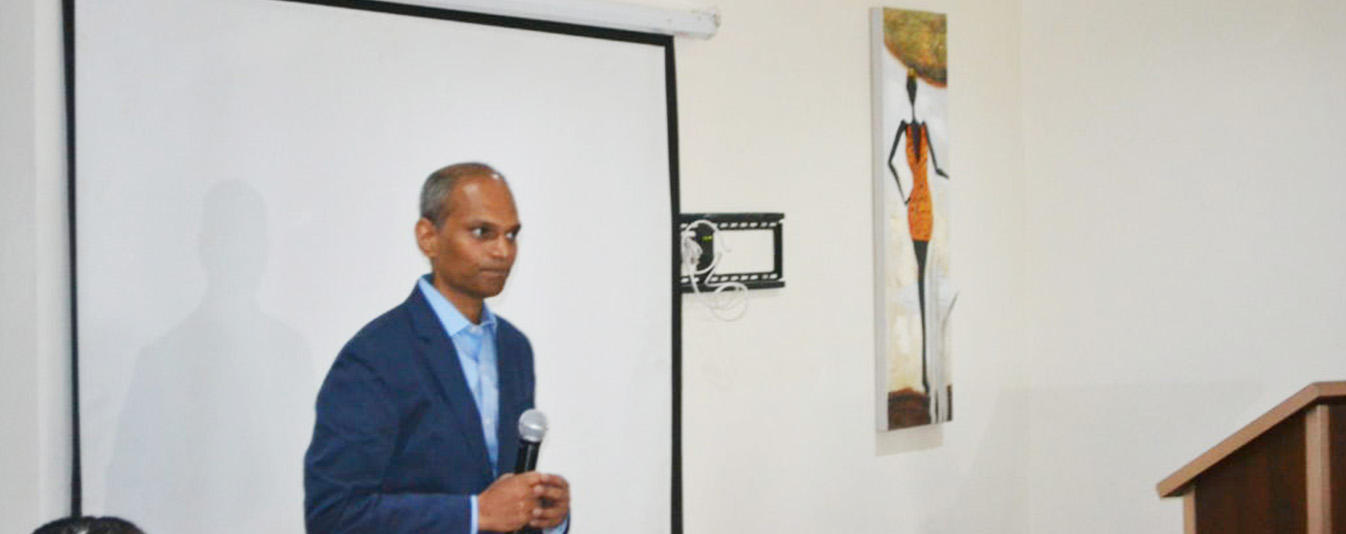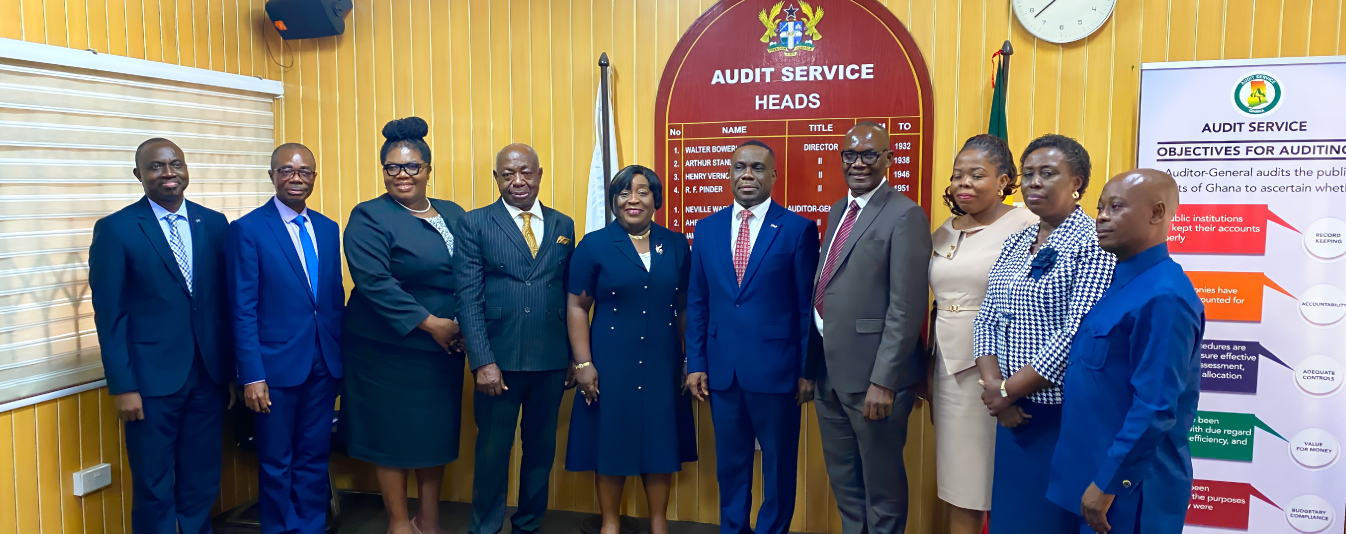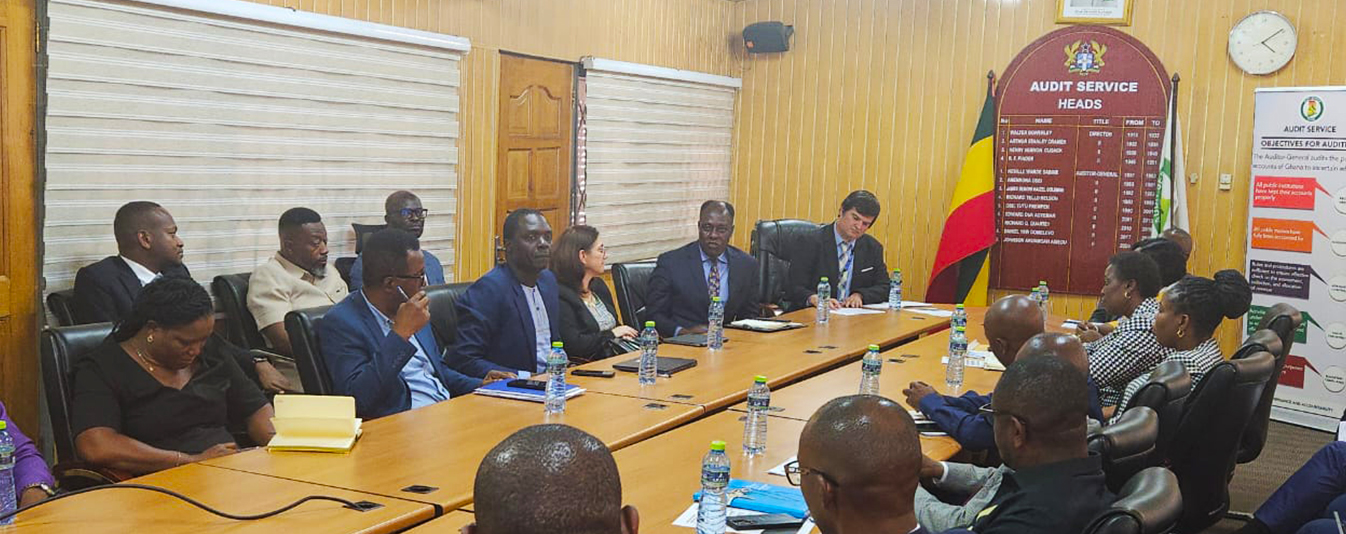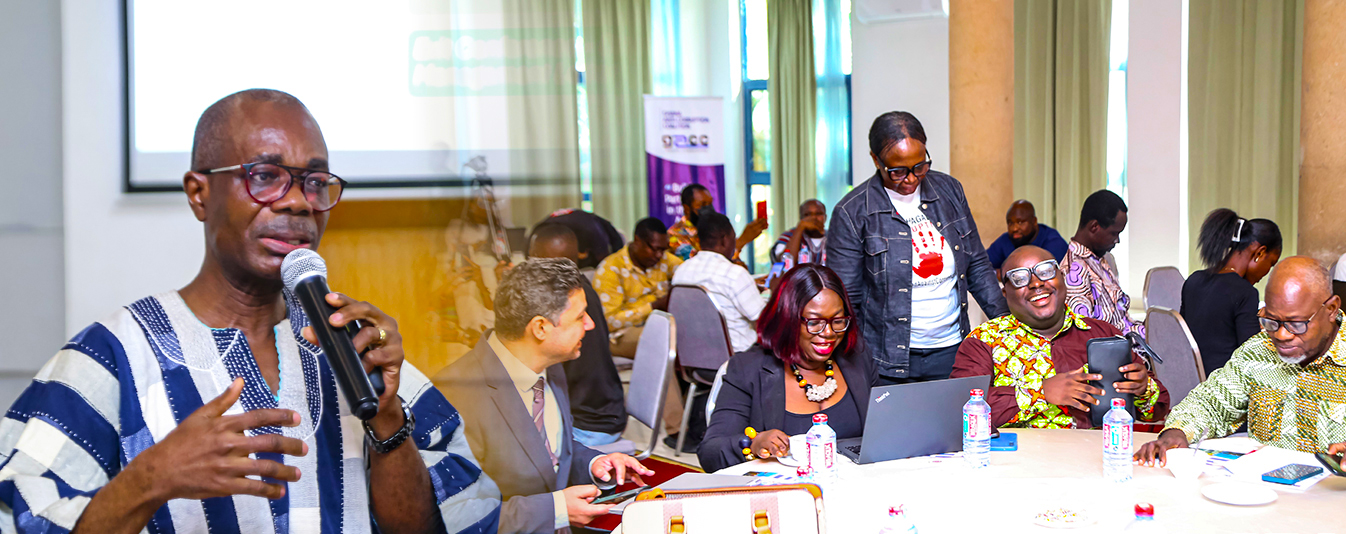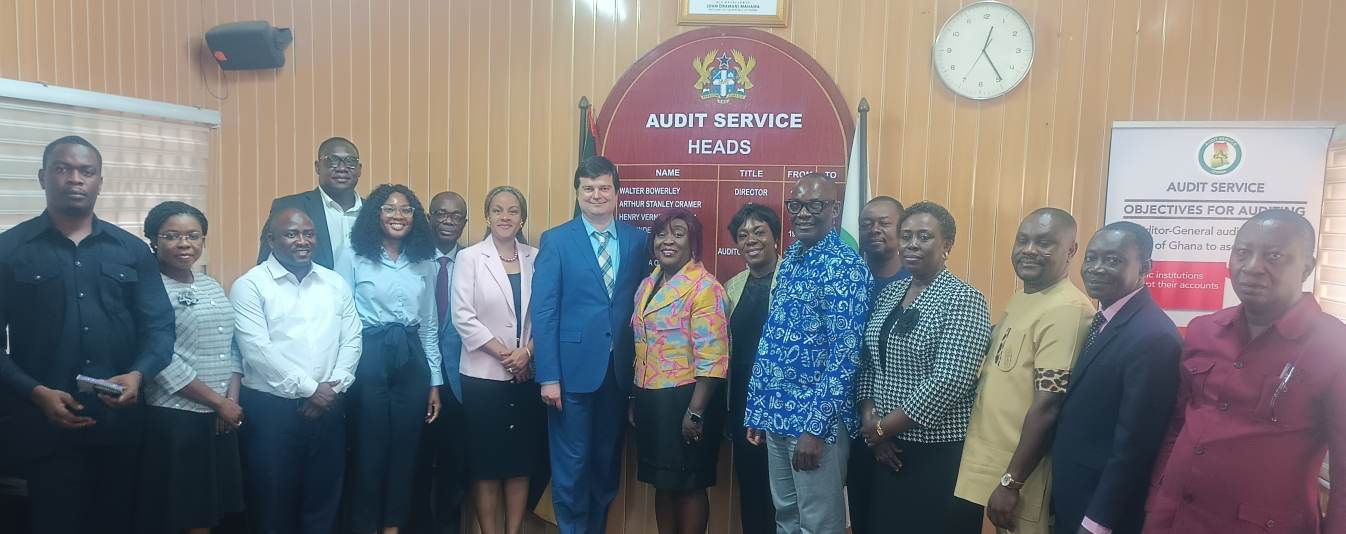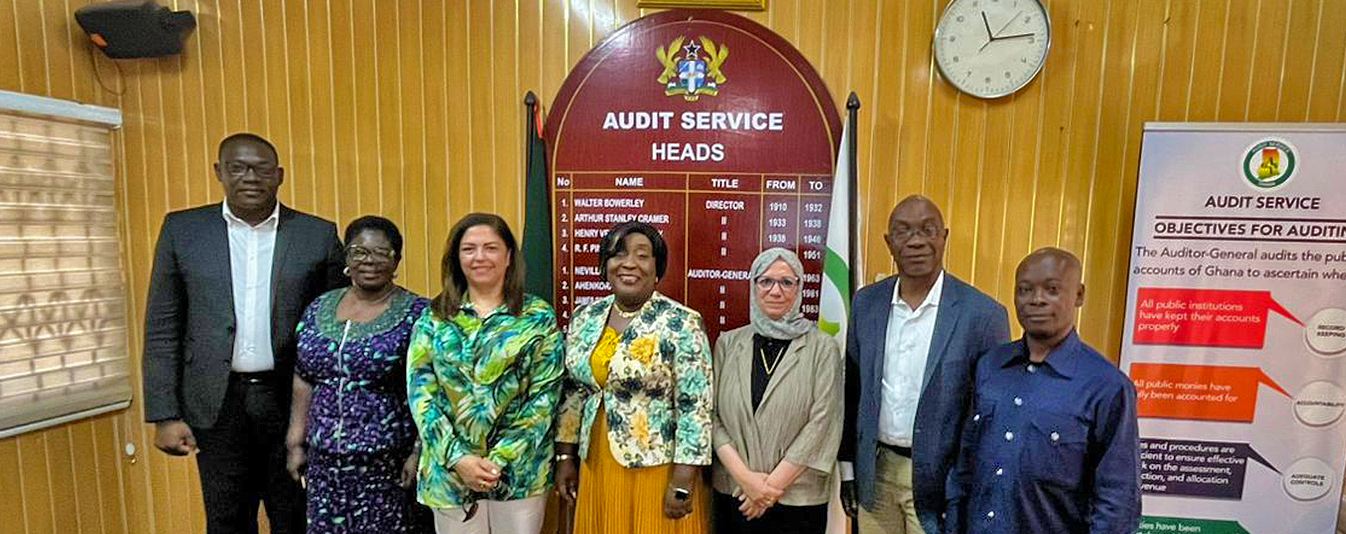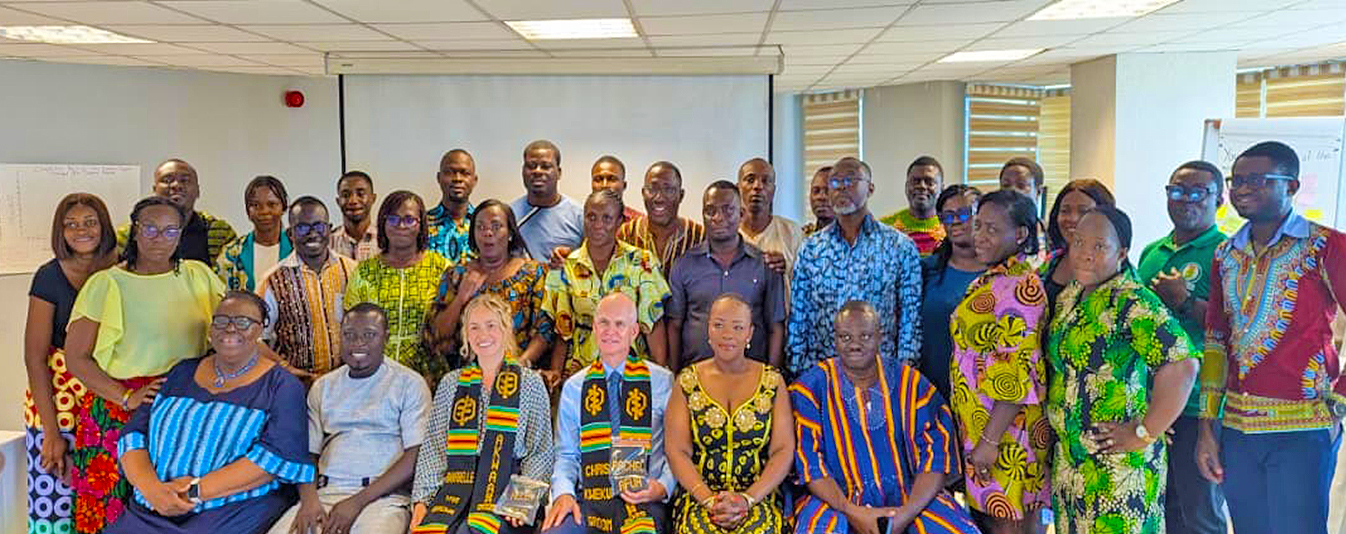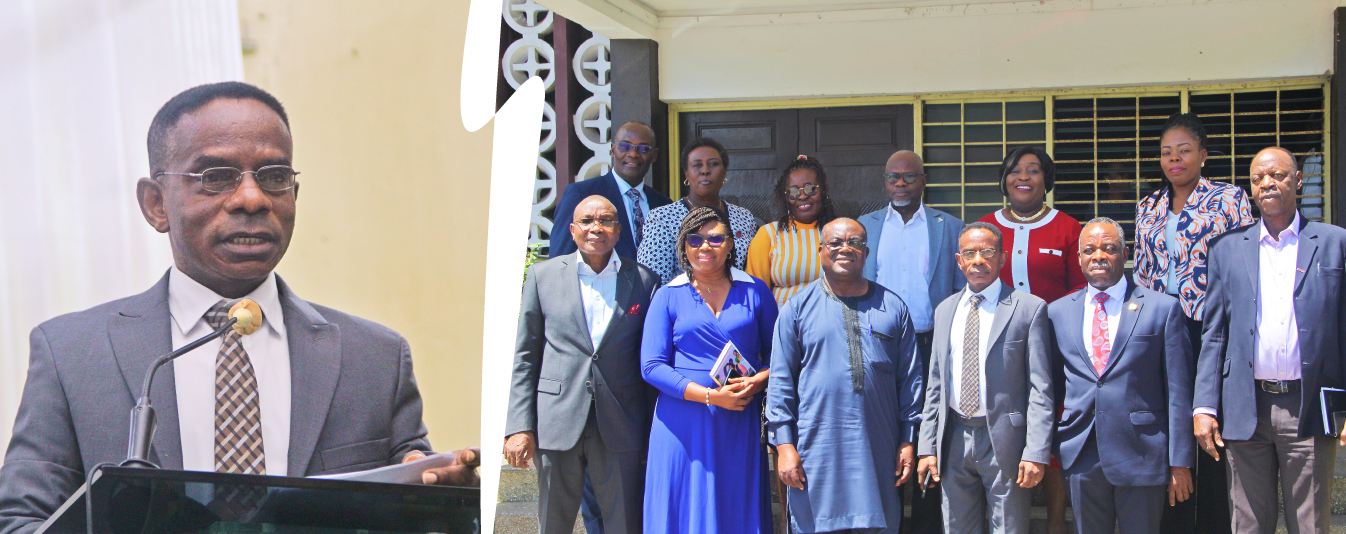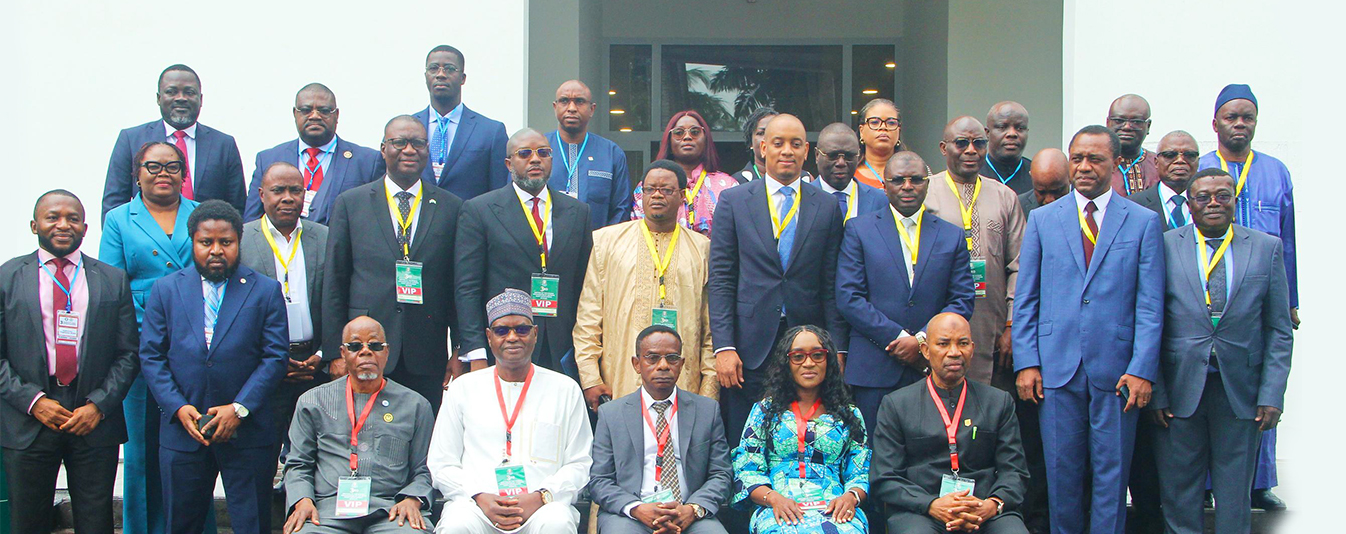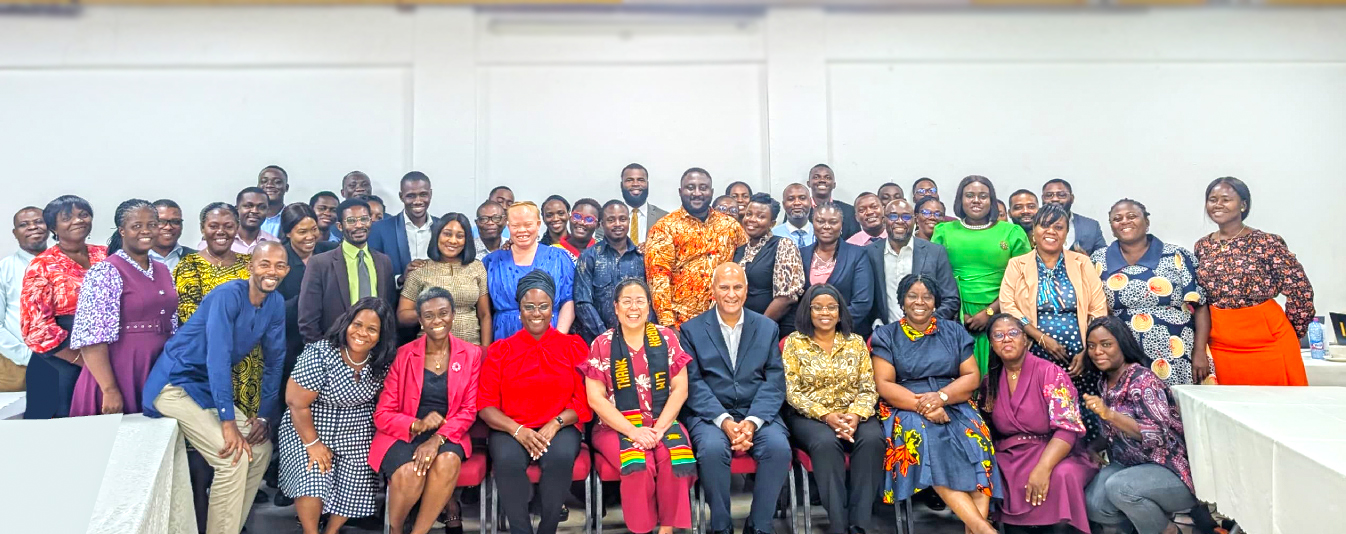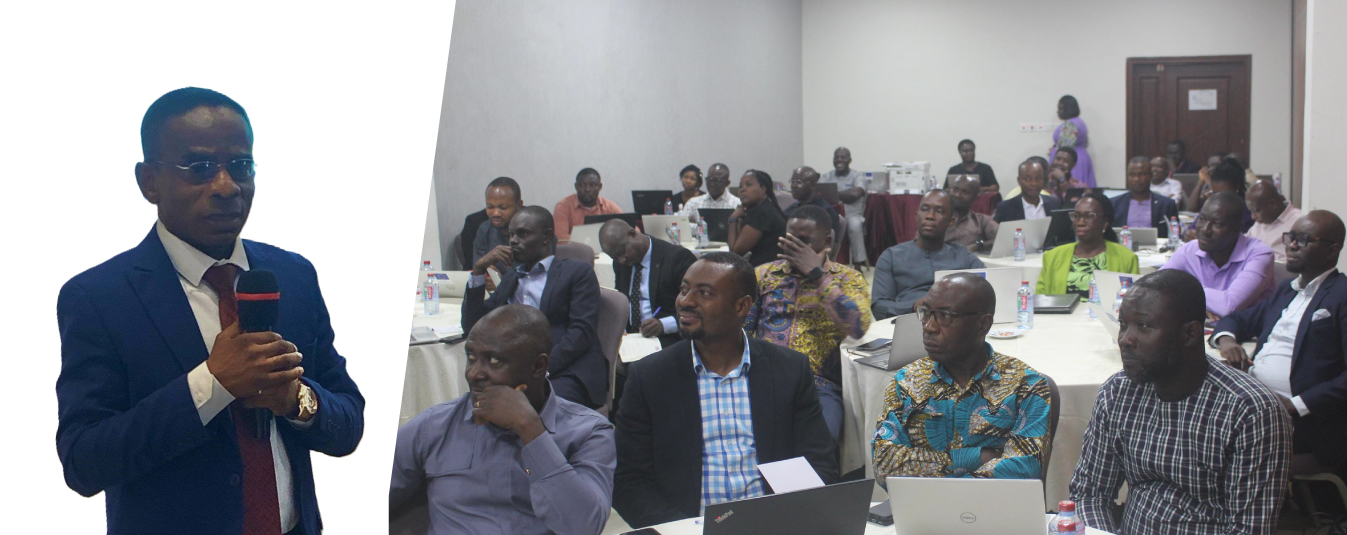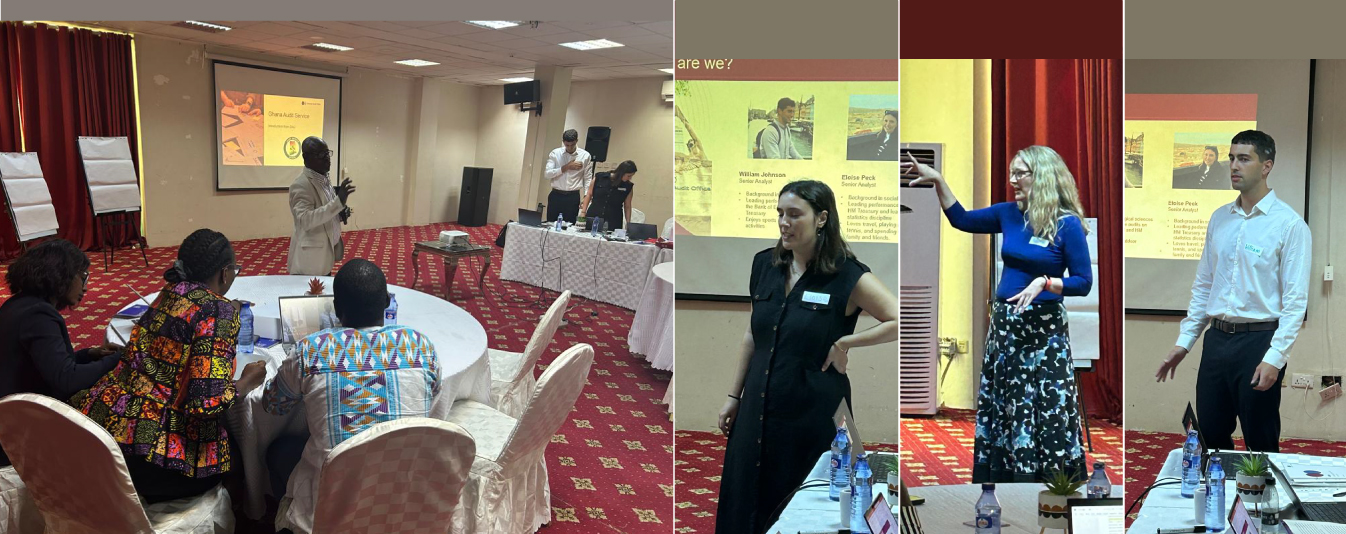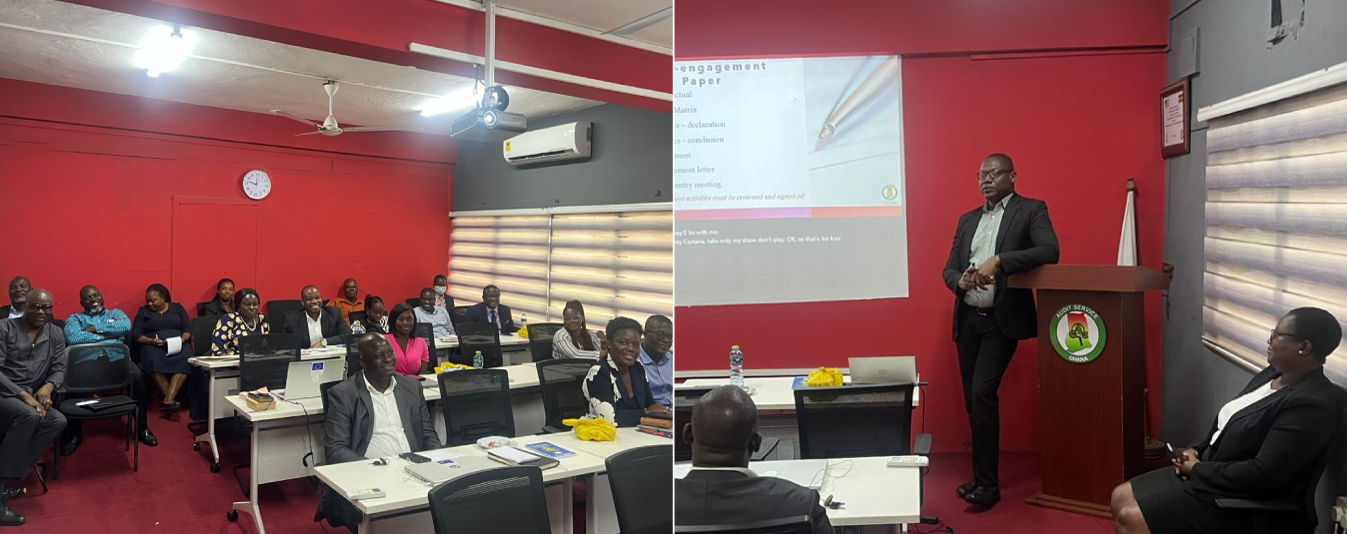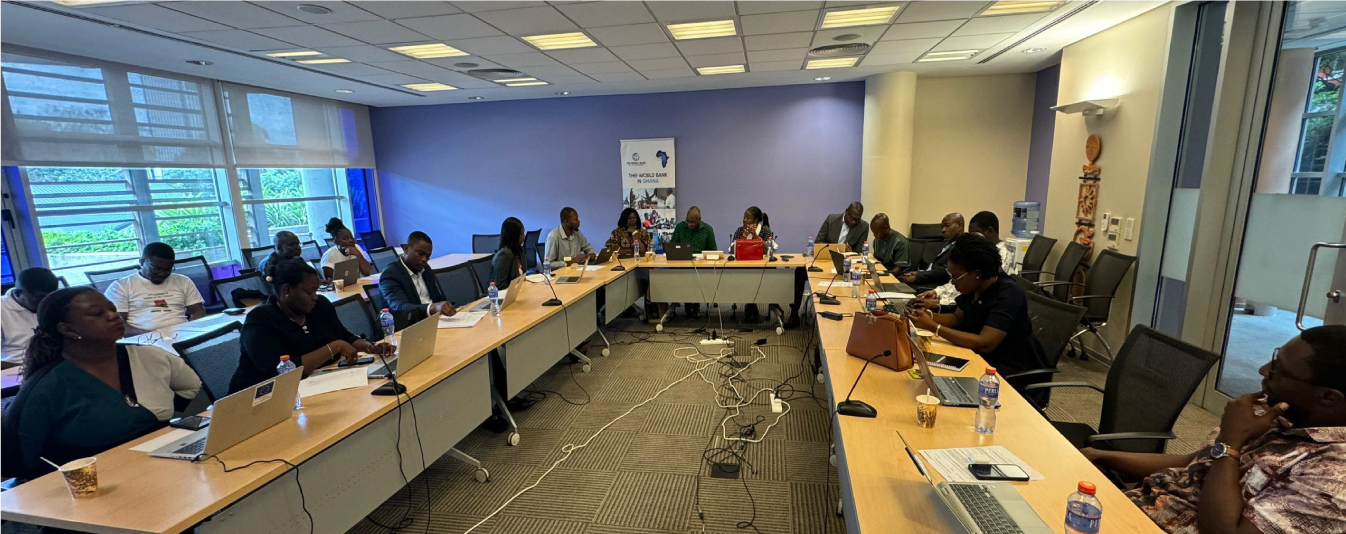A Senior Director of Policy at the International Budget Partnership (IBP), Mr Vivek Ramkumar has urged Supreme Audit Institutions (SAIs) to make citizens aware of how governments are addressing corruption issues cited in audit reports. He said when citizens know how their governments are addressing audit recommendations; audits reports become tools to enhance accountability.
Mr. Ramkumar was speaking at a two-day audit seminar in Accra. The seminar which is on the theme “Strengthening Communication to Enhance Responsiveness to Audits” was organised by the IBP in partnership with the Ghana Audit Service. International Budget Partnerships believes that a robust auditing system is an essential tool in ensuring that public funds are serving the intended purposes of promoting national development.
Speaking on the topic “Value and Benefits of SAIs and Civil Society Organisations (CSOs)”, Mr. Ramkumar disclosed that a survey of 115 countries showed among others that there were no published reports on actions taken by governments in response to audit recommendations. These findings he noted, point to severe transparency deficit and by extension an accountability problem. Therefore, he appealed that we should deal with the communication gabs and ensure that audit recommendations are addressed since they can really be tools to enhance accountability.
Sharing her experience, a former Auditor-General (A-G) of the Philippines, Madam Gracia M. Pulido-Tan, said for audits to have the desired impact, they must go through due processes such as giving the audited organisation the chance to explain their side of the story. She stressed that audited institutions are willing to implement audit recommendations provided the issues have been discussed and agreed upon at the exit conference where “we talk about the findings before finalizing the reports”.
She said audits should impact the immediate aspirations of citizens to have the desired effect. Madam Pulido-Tan said audit areas such as education, health, sanitation, distribution of relief items, and effects of natural disasters arouse citizens’ interest to demand implementation of audit recommendations. Concluding, she underscored the need for SAIs to engage stakeholders for a better appreciation of the auditing process. In the Philippines she cited, the SAI involves ordinary citizens and Non-Governmental Organisation partners into audit teams where they participate from planning of the audit; to execution; to reporting and to following up on audit recommendations. This effort had improved the extent to which audit recommendations are implemented, she noted
On his part, the Chairman of the Public Accounts Committee of Ghana’s Parliament, Mr. James Klutse Avedzi said most of the recommendations of the Auditor-General are being implemented because the Public Financial Management Act, 2016 has created an independent body (Audit Committee) to oversee this process. He said, “the inception of Audit Committees has enhanced implementation of audit recommendations, but they need to be resourced by the Ministry of Finance for them to work efficiently and effectively”. Mr. Avedzi spoke on the topic “Strengthening Audit Recommendations and Implementations”.
The Seminar, chaired by Mr. Daniel Yaw Domelevo, the A-G of Ghana had participants from SAIs of 12 countries including the A-G of Sierra Leone, Mrs. Lara Taylor-Pearce who doubles as the Chair of INTOSAI-IDI; and other A-Gs, Chairman of the Audit Service Board, and former A-G of Ghana, Prof. Edward Dua Agyeman, development partners and local CSOs

